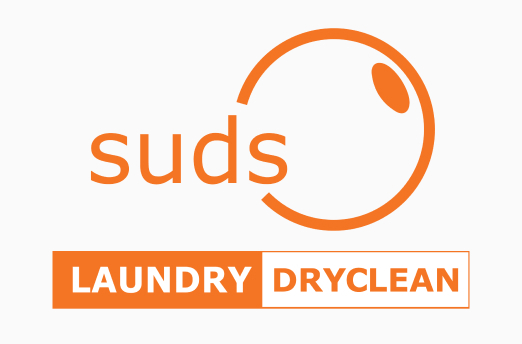(Philippine Daily Inquirer)
In 1995, franchising was a business model associated mainly with Jollibee and McDonald’s and a handful of other big brands. Today, this business arrangement based on a special licensing agreement for the distribution of services and products is to be found in almost every city of the Philippines.
Even more surprising, according to leading franchise consultant Rudolf Kotik, founder of RK Franchise Consultancy, businesses that originated in the Visayas and Mindanao—and not just Metro Manila enterprises—have grown nationwide through the franchise model.
“Businesses that first made it big in Manila do not always thrive outside,” says Kotik, who counts a total of 450 companies that his firm has helped develop into sustainable franchises—300 in Luzon and 150 in the Visayas and Mindanao. Businesses based in Manila that use the commissary system, for instance, are likely to have prices that may be too high for provincial clients.
On the other hand, the chances of firms that originated in the provinces making it in Manila seem more likely. A fine example of one such firm, he says, is Suds Laundry and Dry Clean Services.
Suds was established in Dasmariñas, Cavite, where the money supply is tighter than in the metropolis and where clients tend to prioritize value for money. Going beyond the laundry operations which founders Caloy and Charmaine Ang had to initially master to get repeat customers, Suds developed a unique system for tracking clients’ clothes to ensure on time delivery per specs and to avoid losing garments, the bane of all laundry operators.
In addition, the amiable Caloy, a former reliability engineer for Intel, early on set up a computer program for the business to track customer transactions, preferences and reward loyal customers with discounts. 10 years after its founding, Suds was ripe for expansion. Upon the advice of RK Franchise Consultancy, it set up its first stores in Metro Manila through the help of franchisees who were carefully trained in Suds business processes. Now on its 20th store in the greater Manila area and one in Lipa City, Suds is ready to replicate its operations in Cebu and Davao.
Kotik points out that for as long as a business is backed up by reliable systems, requires skill levels that don’t need extensive training, and has a potential market over the long term, it is “franchisable” and can be set up almost anywhere in the country. The consultant who began his career as franchise manager for McDonald’s and later for the Ascott chain in Europe firmly believes that the franchise model works well for the Philippines. “Filipino culture adopts easily to franchising,” he says.
He is further optimistic about the growth of brands like Suds that are filling unmet needs in the provinces. He observes that almost every barangay in Metro Manila has a laundry shop but not every city in the province offers the same service.
Suds’ Caloy Ang himself believes that because of changing lifestyles brought about by the popularity of residential condominiums and the proliferation of call centers and other growing sectors, many employees particularly in booming areas like Cebu and Davao no longer have the time or the space for laundry. In addition, the proliferation of resorts and related services like spas throughout the nation are also driving the demand for laundry services. “As for cheap labor, personal ‘labanderas’ do not give consistent quality and have ‘hit-or-miss’ chemistry resulting in damaged clothes,” he observes. “We’re proving that a good laundry shop offers comparable costs but better service.”
Kotik observes that provincial cities and other key locations offer strong growth potential for franchise businesses. “There remains a lot of untapped areas … lots of small towns and cities that are growing and need more stores, food outlets and services. There’s a huge future for franchisors.”
Who are those more likely to succeed? “All things being equal, those with good people skills because franchisors are essentially also educators, trainors and ‘hand-holders’ of their franchisees,” says Kotik.

